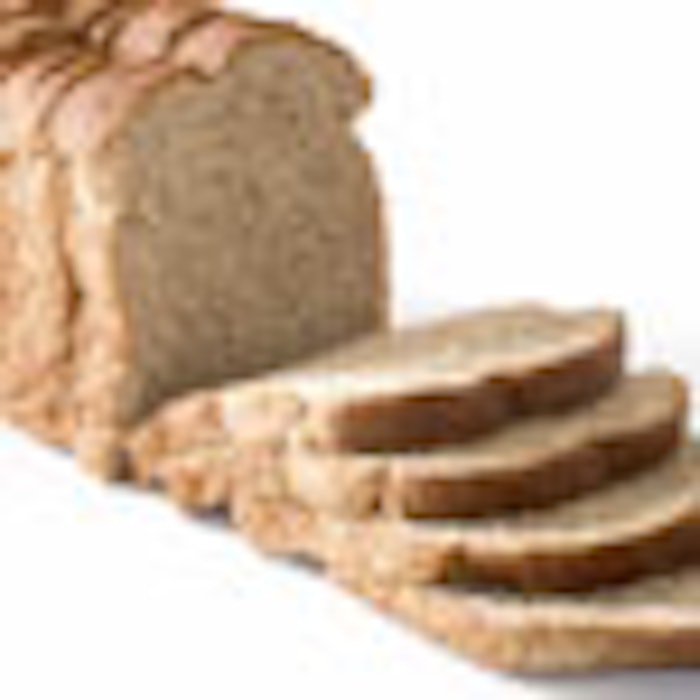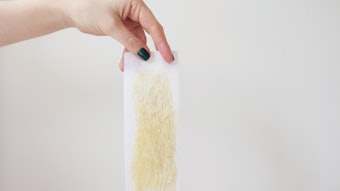
"The strongest evidence we have to date of a link between diet and acne comes from the glycemic index studies," says Whitney P. Bowe, MD, FAAD, who is the lead author of the article "Diet and Acne," published in the Journal of the American Academy of Dermatology. "These studies show that low-glycemic index diets may improve acne. The consumption of high-glycemic index foods appears to trigger a cascade of responses, which can lead to acne through effects on growth hormones and sex hormones," Bowe adds.
The glycemic index (GI) is a ranking of carbohydrate-rich foods based on their potential to increase blood sugar levels. For example, high GI foods include white bread, chips and white potatoes; low GI foods include multi-grain bread, peanuts, vegetables and beans.
A study of 23 Australian males ages 15–25 who followed a strict, low-glycemic load (LGL) diet experienced significant improvement in acne severity by adhering to a LGL diet. However, the participants in the LGL group also lost weight, which means the LGL diet may not solely be attributed to the outcome. Specifically, studies have also shown that acne improves when the patients' blood sugar levels are controlled and a low-carbohydrate diet stabilizes hormones.
In addition, a web-based survey assessing the role of a low-glycemic diet in the treatment of acne found that 86.7% of the 2,528 dieters who completed this online survey reported improvements in their skin while following this diet. Still, based on some of the flaws in the design of the study, the results must be interpreted with "cautious optimism," says Bowe.
Although there is weak evidence that dairy also impacts acne, Bowe says there's still a possibility that an association may exist. While there were several flaws in the studies, "Dairy does appear to be weakly associated with acne, with the strongest association being skim milk," according to Bowe. While the exact mechanism behind this association is unclear, she suspects that hormones and growth factors in milk might play a role.
While more clinical research is needed to determine dairy's impact on acne severity, Bowe advises patients to speak with their dermatologist to determine if certain dairy products aggravate their acne. She also says patients who choose to limit dairy products should supplement their diets with appropriate levels of calcium and vitamin D.
The doctor also offers the following tips:
- Watch for food triggers that may seem to aggravate acne.
- Keep a food diary and share it with your dermatologist.
- Be patient. It may take up to 12 weeks of a diet change to determine if certain foods are contributing to acne.
- Continue following your regular acne treatment routine. Diet changes are only a small part of an acne treatment plan and are meant to be used in conjunction with proven medical therapies for acne.
For more information, visit www.aad.org.










